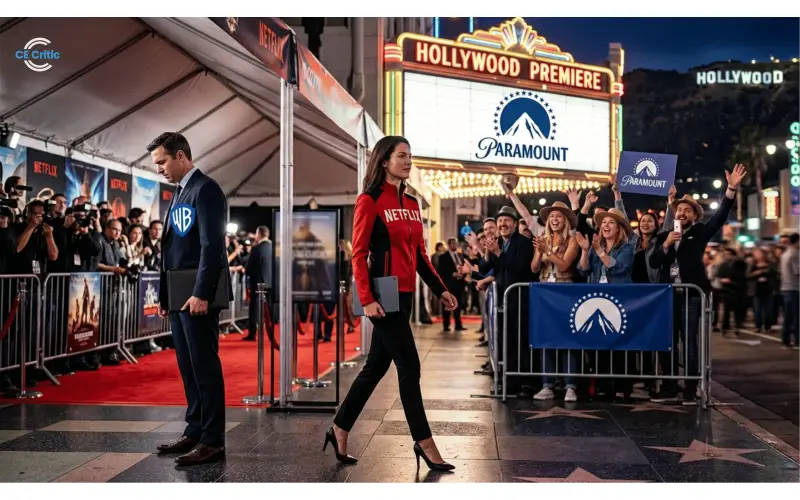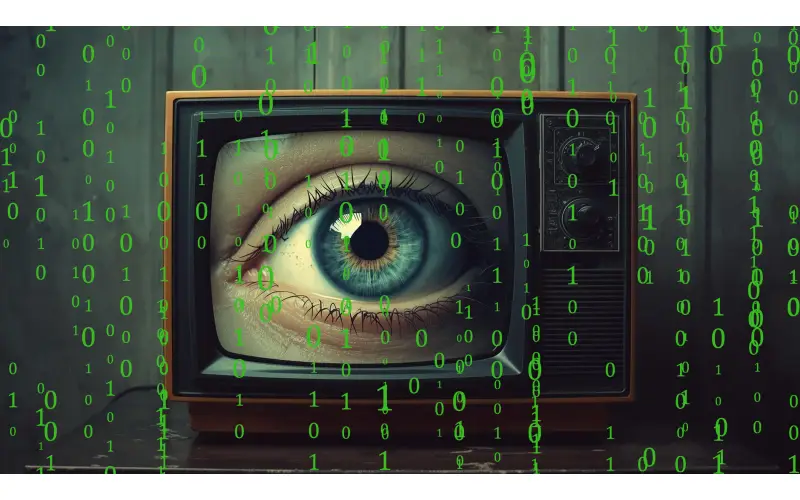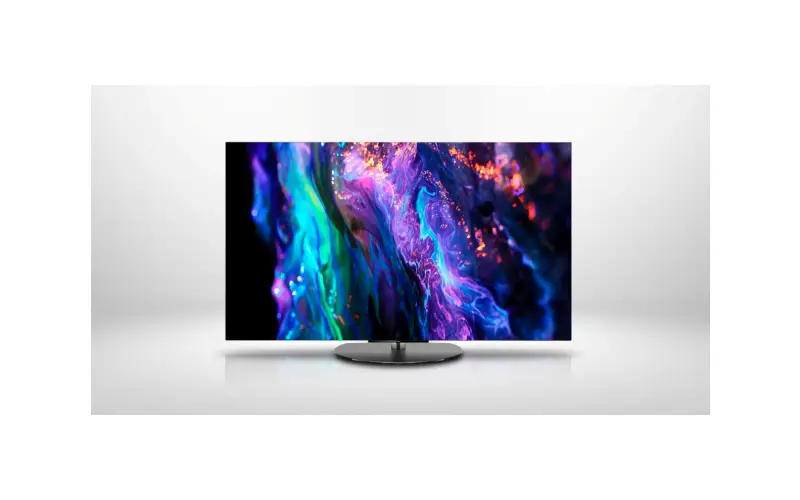By CE Critic - Buy Better Tech
Sony's recent announcement regarding the removal of purchased Discovery TV shows from users' PlayStation libraries has triggered widespread criticism, reigniting concerns about the transient nature of digital ownership. While Sony's move is attributed to "content licensing arrangements," the fallout exposes the fragility of digital content ownership, casting a shadow over the promises of an all-digital future.
The Digital Exodus: Sony's Controversial Decision
The controversy stems from Sony's decision to discontinue movie and TV show purchases through the PS Store in 2021, pivoting its focus to subscription-based streaming services like Netflix and Apple TV. While users were assured continued access to previously purchased digital content, the recent revelation shatters that assurance, especially for fans of popular Discovery reality TV shows like Mythbusters, How It's Made, and Say Yes to the Dress.
Ominous Notifications: Users Left in the Dark
The email notifications sent to affected users succinctly conveyed the grim reality: "Due to our content licensing arrangements with content providers, you will no longer be able to watch any of your previously purchased Discovery content, and the content will be removed from your video library." The ominous message underscores the vulnerability of digital media, exposing it to the whims of licensing agreements and corporate maneuvers.
The Impending Loss: Users Scramble for Alternatives
The removal of hundreds of Discovery TV shows from PlayStation libraries, scheduled for December 31, 2023, has left users scrambling for alternatives. The announcement, however, lacks transparency on the specifics of the "content licensing arrangements," leaving users in the dark about the root cause of this digital exodus.
Digital Ownership in Question: A Perceived Betrayal
This move raises pertinent questions about the longevity and security of digital purchases. Users, under the impression that ownership implied perpetual access, now grapple with the reality of losing content they believed they owned. One concerned PlayStation user on Reddit lamented, "I was actually under the impression since I owned it, I wouldn’t ever lose it…"
Beyond Sony: The Shrinking Landscape of Physical Media
The broader context of this issue intertwines with the ongoing shift away from physical media. Major retailers, including Best Buy, Target, and Walmart, have already signaled a retreat from movie and TV show sections in 2024, compounding the challenges for those seeking tangible ownership. Sony's digital dominance, coupled with the impermanence of purchased content, paints a bleak picture for consumers who value the security of their media collections.
From Promise to Peril: The Harsh Reality of Digital Ownership
While the demise of physical media has been accelerated by industry giants, the Sony debacle amplifies the urgency for a reevaluation of digital ownership rights. The promise of a pristine and everlasting digital media experience clashes with the harsh reality of DRM limitations, license agreements, and the potential erasure of purchased content.
The Critical Spotlight: Sony's Misstep as a Cautionary Tale
As users grapple with the impending loss of Discovery shows, the wider implications echo a growing discontent with the precarious nature of digital ownership. The critical spotlight on Sony's decision underscores the need for a more transparent and consumer-centric approach to digital content distribution, preventing a future where users are left empty-handed, even with content they thought they owned. Sony's misstep serves as a cautionary tale, prompting users to reconsider the longevity of their digital investments and rekindle the debate on the necessity of physical media in an uncertain digital landscape.





